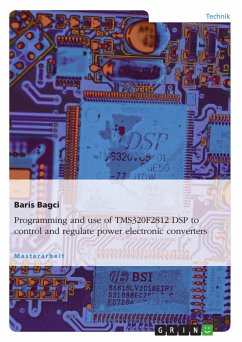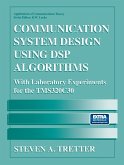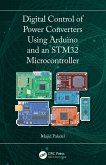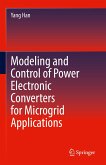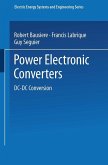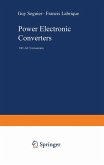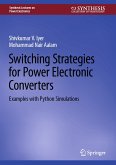Master's Thesis from the year 2003 in the subject Electrotechnology, grade: 1 (A), Cologne University of Applied Sciences (Institute for Automation Technology), language: English, abstract: The purpose of this master thesis project has been to study, operate and program the 32-bit 150MIPS TMS320F2812 DSP developed by Texas Instruments Inc. In addition, it has also been a goal to implement fast estimation techniques for control of resonant converters. For this purpose, PWM signals that are generated using this DSP are used. The demands on the system and the hardware to solve the problem were already decided when I started the work. The algorithms were programmed in C/C++ language, compiled, debugged and transferred to the DSP development board in a compiling and simulation tool (downloader), called CCS (Code Composer Studio v2), also provided by Texas Instruments. In the first chapters of this thesis I give general information about control systems, digital signal processors, digital signal processing and the DSP used in this work. The following chapters tell about PWM, how to configure the PWM outputs and some examples related with PWM signals are given. After a short review of series resonant converters, I presented the last example implemented in this project. I conclude with a summary and provide some hints of future work.

